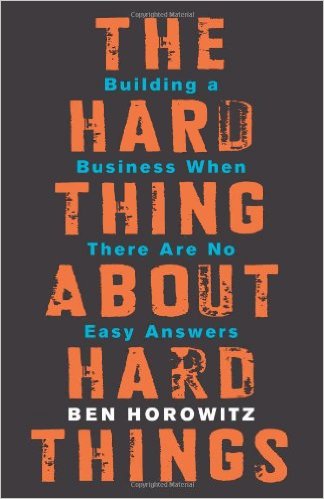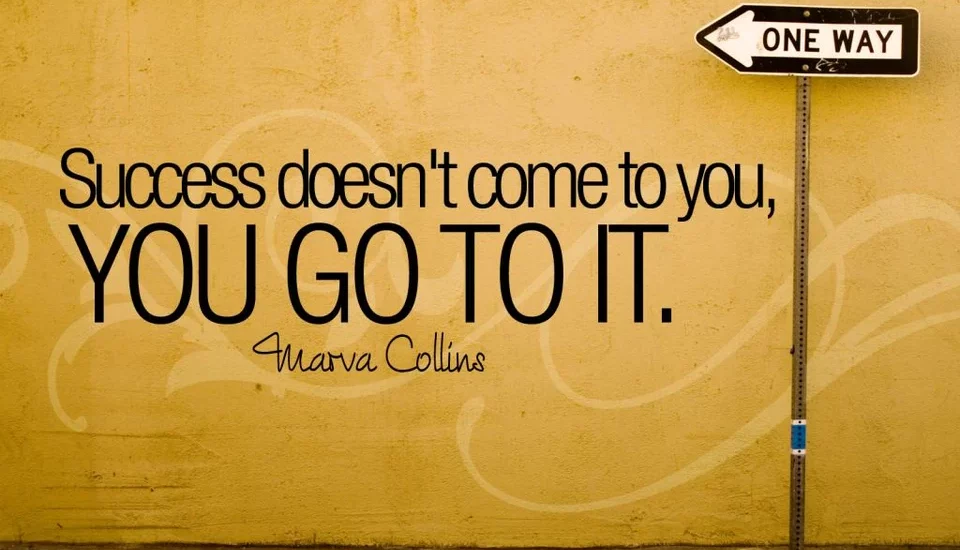Dave Kurlan
-
Bugged by the Difference Between Great and Lousy Salespeople
- July 21, 2015
- Posted by: Dave Kurlan
- Category: Understanding the Sales Force

Yesterday, I noticed a large, furry, dead bug on the hood of my car. It seemed to be attached to the outer lip of the hood – like the edge of a cliff – right where the hood drops down to the grill. I got out of the car to remove the chunk of dead fur and I was shocked to see how wrong I was. It was dead all right, and it was furry. I’m not a tall person, so I wasn’t sitting high enough in the car to notice the distance between the bug and the lip of the hood, but my estimate was off by more than 2 feet! What I thought I saw was completely different from reality.
-
The Conversation Sales Leaders Must Have with Salespeople
- July 15, 2015
- Posted by: Dave Kurlan
- Category: Understanding the Sales Force

Mark was right. It turned out that we did not have a deal, as the vice president’s peer in networking was blocking it. We eventually got a meeting with him and won the deal. More important, Mark set the tone: Sloppiness would not be tolerated.
-
An Ode to the Evolution of the Pipeline
- July 13, 2015
- Posted by: Dave Kurlan
- Category: Understanding the Sales Force

Selling – the art and science of getting people who didn’t necessarily want what you have, to pay you a premium for it. Before you can sell anything, you must have some people to sell it to! Fill the pipeline today!
-
Why I Was Kicked Out of a LinkedIn Sales Group
- July 8, 2015
- Posted by: Dave Kurlan
- Category: Understanding the Sales Force

I wrote an article on whether or not LinkedIn was a waste of time and as with the medical newsletters I read, my LinkedIn article resonated with a lot of people. But as with the medical mainstream, not everyone was happy with the article… In just the past week, I have already been blocked in one LinkedIn group and kicked out of another one!
-
Keys to Selecting a Sales Training Company
- July 2, 2015
- Posted by: Dave Kurlan
- Category: Understanding the Sales Force

I can always tell when a Sales VP is worried about these things because they’ll start asking all of the wrong questions. They’ll want to know about agendas, content, slides, handouts, style, approach and timing. Instead they should be asking about results, solutions, and what they need to do to make it work!
-
Sales Pros! 10 Things You Must Do Before Leaving for Summer Vacation
- July 1, 2015
- Posted by: Dave Kurlan
- Category: Understanding the Sales Force

Are you going to the beach? On a sail? On a tour? To another country? To a lodge? To a resort? Regardless of your destination or purpose, make sure you bring some good books, disconnect from your email and social networks, and actually use the time to recharge. That’s good old common sense. But if you really want to kick some ass when you return from vacation, you’ll want to make sure you do these important things too:
-
Are We Wasting Our Time on LinkedIn?
- June 29, 2015
- Posted by: Dave Kurlan
- Category: Understanding the Sales Force

LinkedIn is a tool that I use more than some and less than others. As busy as I am, I’m unable to spend an hour on LinkedIn each day, but I do visit daily. I am engaged. And I always wonder if it’s a complete waste of time. In this article, I’ll share the highlights and lowlights from my informal LinkedIn effectiveness analysis and you may be very surprised with my conclusion.
-
12 Proven Sales Hacks to Increase Sales
- June 25, 2015
- Posted by: Dave Kurlan
- Category: Understanding the Sales Force

It seems that these days, things are changing faster than we can recognize. Cosby is finally out of the news, but the Marathon Bomber is back in. The terrible winter weather is in our rear view mirror, but now we are dealing with droughts and tornadoes! And in our world, Sales 2.0, a term we haven’t heard in a while, is making the rounds again. In today’s article, we’ll talk about the sales improvements that readers are most interested in.
-
Apply Jack Reacher to a Modern Sales Approach
- June 23, 2015
- Posted by: Dave Kurlan
- Category: Understanding the Sales Force

While reading Lee Child’s Reacher book, “Personal”, I saw a huge connection between how the Jack Reacher character survives and succeeds on all of his highs: high-risk, high-stakes, high anxiety missions; and how a successful salesperson survives and succeeds in the sales equivalent of a Jack Reacher story.
-
What You Get When You Accelerate Sucky Sales
- June 22, 2015
- Posted by: Dave Kurlan
- Category: Understanding the Sales Force

Chris Beall, CEO of ConnectAndSell.com says, “Be careful not to accelerate suck!”. That quote appeared today on the High Velocity Sales Blog, where Chad Burmeister wrote a great article about outbound on demand. You should read that article. It can change your world! Anyway, I wanted to elaborate on that quote as it applies to expanding your sales force.
